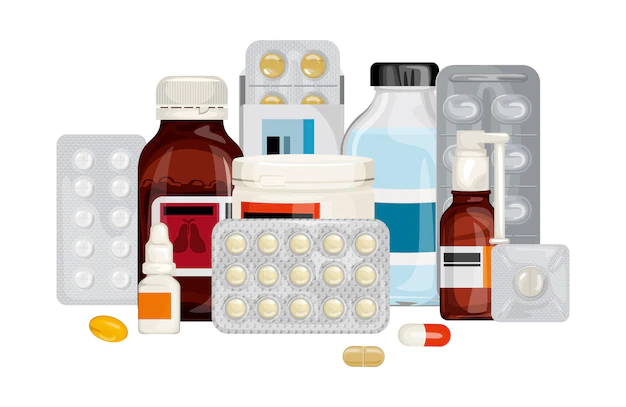Non-Statin Medications that Aid with Cholesterol Control

While statins are the most commonly prescribed medications for cholesterol control, there are other non-statin medications that can also be effective in reducing LDL cholesterol levels and reducing the risk of heart disease. Here are some examples:
- Ezetimibe: This medication works by reducing the absorption of cholesterol from the intestine, which can help lower LDL cholesterol levels. It is often used in combination with statins for people who do not achieve their cholesterol goals with statin therapy alone.
- PCSK9 inhibitors: These medications are a relatively new class of cholesterol-lowering drugs that work by blocking the action of a protein called PCSK9, which leads to increased removal of LDL cholesterol from the blood. They are typically reserved for people with very high cholesterol levels or those who are unable to tolerate statins.
- Bile acid sequestrants: These medications bind to bile acids in the intestine, which helps to remove cholesterol from the body. They can be used alone or in combination with other medications.
- Niacin: Also known as vitamin B3, niacin can help to lower LDL cholesterol levels and increase HDL cholesterol levels. However, it can cause unpleasant side effects such as flushing and itching, and is typically only used in combination with other medications.
- Fibrates: These medications can help to lower triglyceride levels and increase HDL cholesterol levels. They are often used in people with high triglyceride levels or in combination with statins.
It is important to note that non-statin medications can have their own potential risks and side effects, and their effectiveness in reducing the risk of heart disease may vary depending on individual factors. Therefore, it is important to discuss the potential benefits and risks of these medications with a healthcare provider before starting any new medication for cholesterol control.
